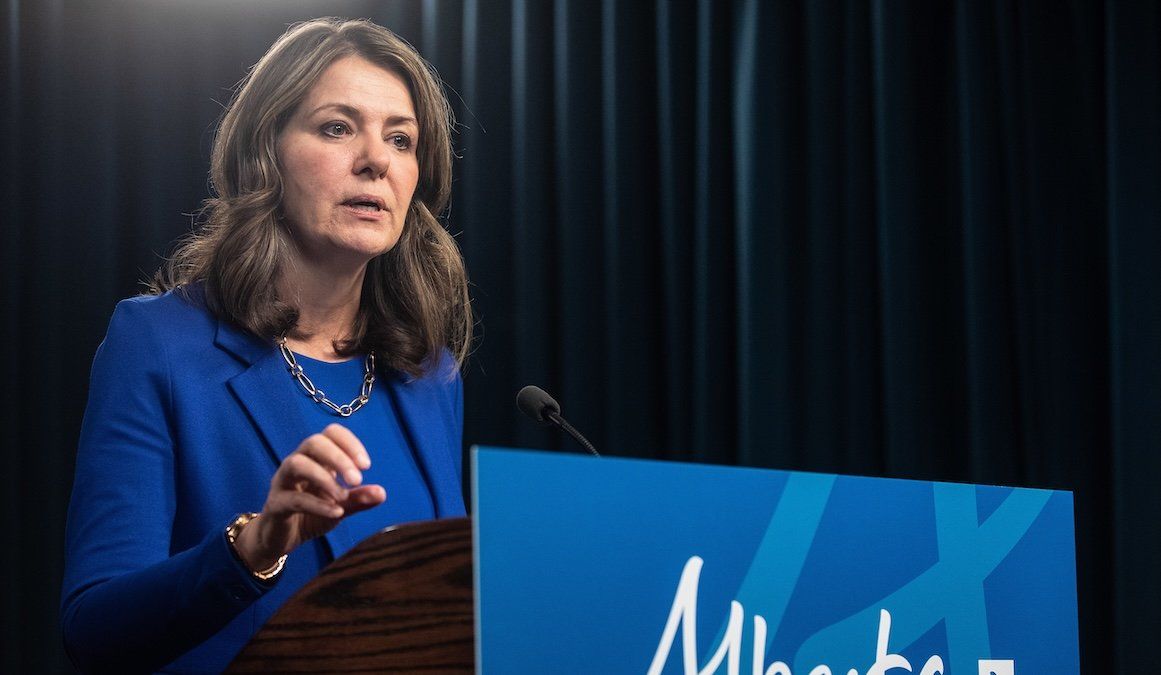Alberta Premier Danielle Smithtabled a bill on Tuesday that will make it easier for voters in her province to force a referendum to secede from Canada. Though she has not endorsed separation, critics accuse her of exploiting the sentiment to animate her base and distract from other issues. The bill could theoretically clear the way for the province to become the 51st state.
The bill lowers the threshold for a citizen-initiated petition from about 600,000 signatures to about 170,000, which separatists hope would allow the vote to happen.
During the election, Smith warned that a reelected Liberal government would increase secessionist sentiments in both Alberta and Saskatchewan, staunchly conservative provinces that profit from the oil and gas industry. Many Prairie voters blame the federal government for legislation that made it harder to develop pipelines and an emissions cap on the money-spinning oil sands.
Former Reform Party Leader Preston Manning, a revered elder statesman, made a splash during the election when he published an op-ed predicting that another Liberal government could lead to Western separatism: “Voters, particularly in central and Atlantic Canada, need to recognize that a vote for the Carney Liberals is a vote for Western secession – a vote for the breakup of Canada as we know it.”
It’s unlikely to pass. A poll this month showed that 30% of Albertans and 33% of Saskatchewanians would vote to separate if the Liberals were reelected, but other polls have shown lower levels of support, concentrated in rural areas.
Canada’s Clarity Act theoretically allows for a province to separate after a referendum but only if it achieves a clear majority on a clear question, which would lead to a constitutional process at the federal level — an uncertain process.
Alberta’s Indigenous peoples, who have treaties that pre-date the creation of the province, are generally said to oppose the idea.
